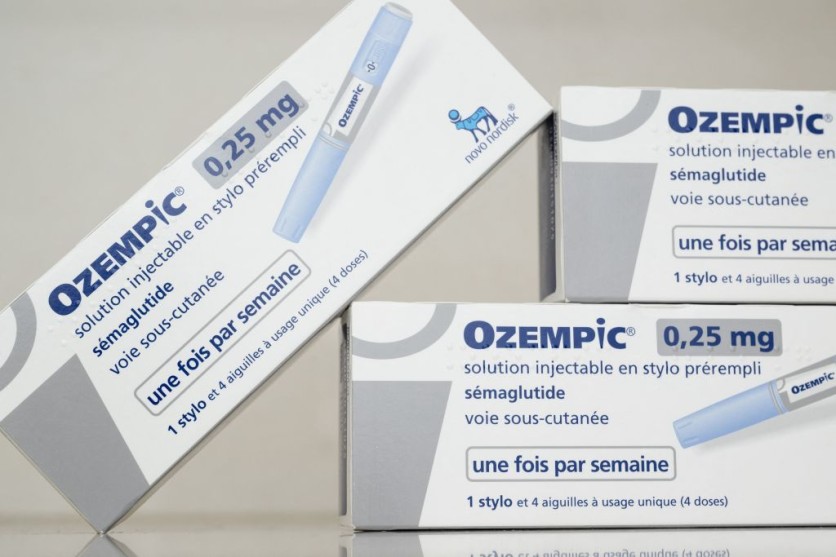Cybersecurity firm BrandShield has successfully dismantled more than 250 websites selling counterfeit weight-loss and diabetes medications, in a concerted effort to combat the proliferation of counterfeit drugs online.
According to Reuters, BrandShield's CEO Yoav Keren revealed that the majority of these illicit websites were purveyors of counterfeit drugs belonging to the GLP-1 class, a group of medications primarily used to treat metabolic conditions.
Cybersecurity Firm Shuts Down Websites Selling Fake Ozempic and Wegovy
The GLP-1 drugs targeted by these counterfeiters include Novo Nordisk's Ozempic and Wegovy, as well as Eli Lilly's Mounjaro and Zepbound.
While originally developed to manage type 2 diabetes, these medications have gained popularity for their additional benefits in weight loss, with patients experiencing reductions of up to 20% in body weight on average. Such efficacy has driven a surge in demand, creating a lucrative market for fake versions of these drugs.
BrandShield's efforts come amidst mounting concerns over the proliferation of counterfeit pharmaceuticals, with reported cases of harm linked to fake GLP-1 drugs emerging in at least nine countries, including Belgium, Britain, Switzerland, and the United States. Alarmingly, studies show that an estimated 95% of all online pharmacies operate unlawfully.
The scale of the operation is staggering, with the cybersecurity firm closing down 90% of the 279 pharmacy websites identified for selling counterfeit GLP-1 medications.
Moreover, this takedown represents just over 15% of the 1,655 websites BrandShield reported last year for peddling counterfeit drugs across various categories, including hormone-related drugs, central nervous system medicines, and cancer treatments.

This picture taken on October 23, 2023, shows Ozempic medication boxes, an injectable antidiabetic drug, in a pharmacy in Riedisheim, eastern France.
Combatting Online Pharmaceutical Fraud
Collaborating with the Pharmaceutical Security Institute (PSI), BrandShield has been at the forefront of combating online pharmaceutical fraud. Through rigorous evidence collection, the company provides actionable intelligence to service providers hosting these illicit websites, leading to their removal from the internet.
Additionally, BrandShield coordinates with law enforcement agencies, aiding in the investigation and prosecution of criminal networks involved in the production and distribution of counterfeit drugs.
In a comprehensive effort to safeguard consumers, BrandShield also targeted illicit drug listings on social media platforms, removing nearly 4,000 fake drug listings last year alone.
Of these, a significant portion-almost 60%-was found on Facebook. The company's vigilance extended globally, with illegal drug listings eradicated from marketplaces in India, Indonesia, China, and Brazil.
Weight Loss Drugs Not Related to Suicidal Thoughts
In related news, the European Medicines Agency (EMA) recently concluded an investigation into the safety of GLP-1 drugs, including Novo Nordisk's Wegovy and Ozempic. Contrary to concerns raised earlier, the EMA found no evidence linking these medications to an increased risk of suicidal thoughts or self-injury.
This reaffirmation of safety aligns with previous findings by the US Food and Drug Administration (FDA), which, while acknowledging the need for continued monitoring, did not establish a definitive link between GLP-1s and suicide.
Stay posted here at Tech Times.
Related Article : Facebook's News Content Blocking Negatively Affects Political Discourse, Claims New Studies

ⓒ 2026 TECHTIMES.com All rights reserved. Do not reproduce without permission.




